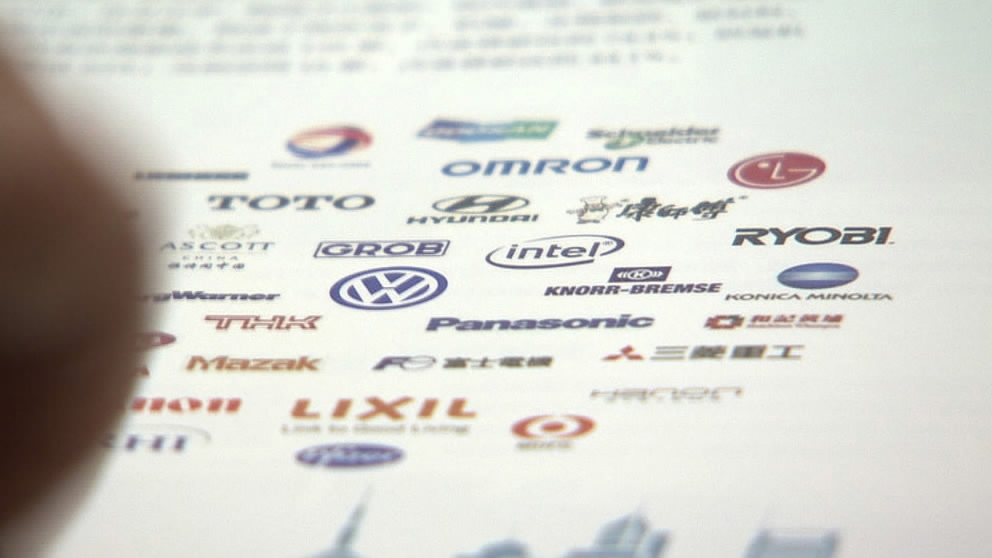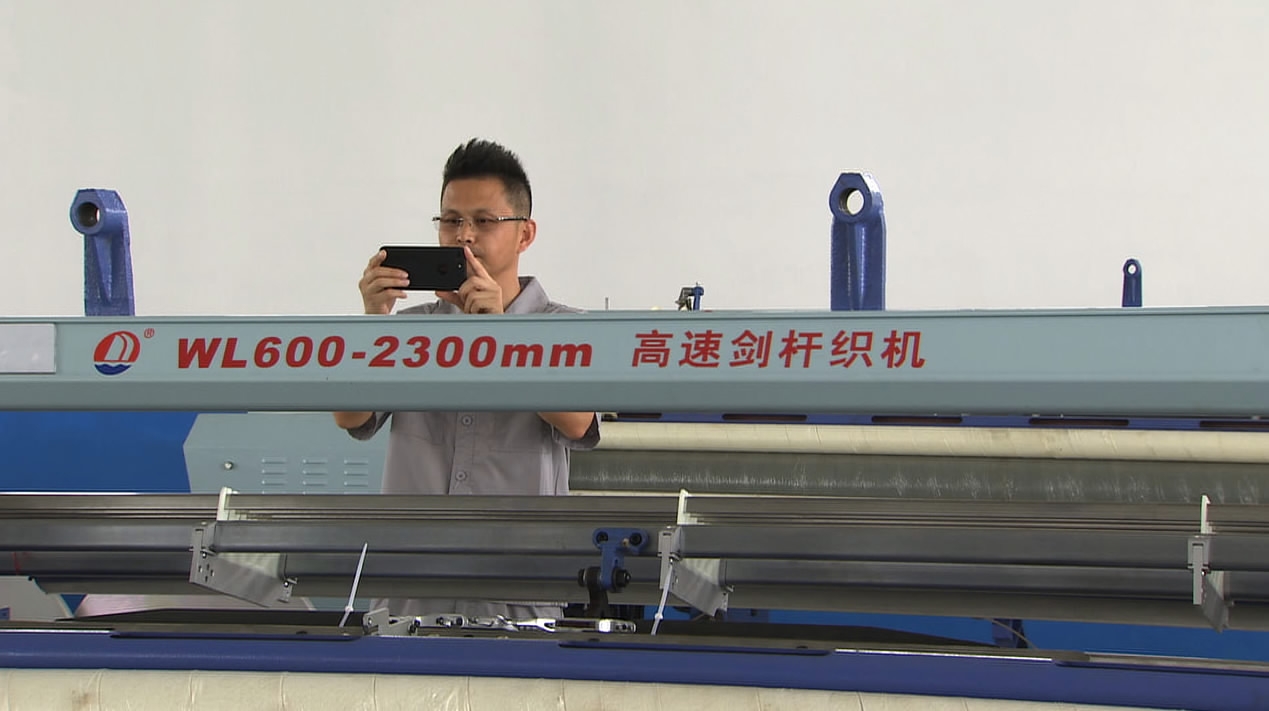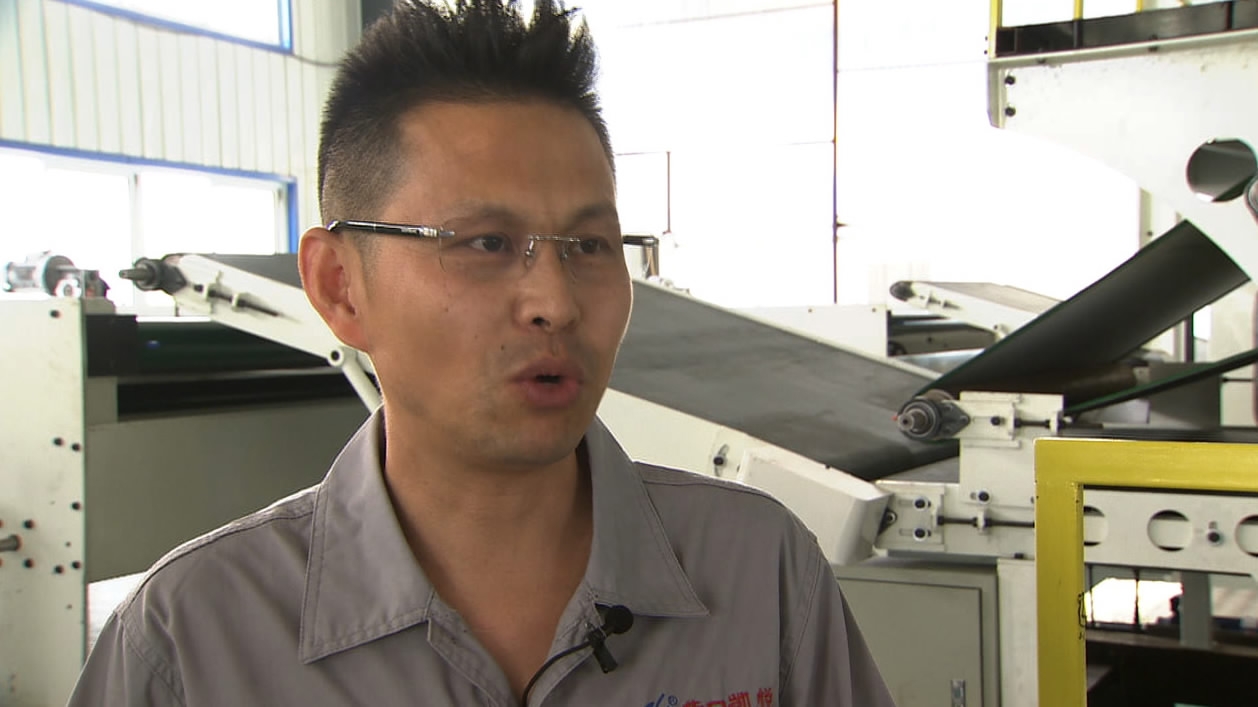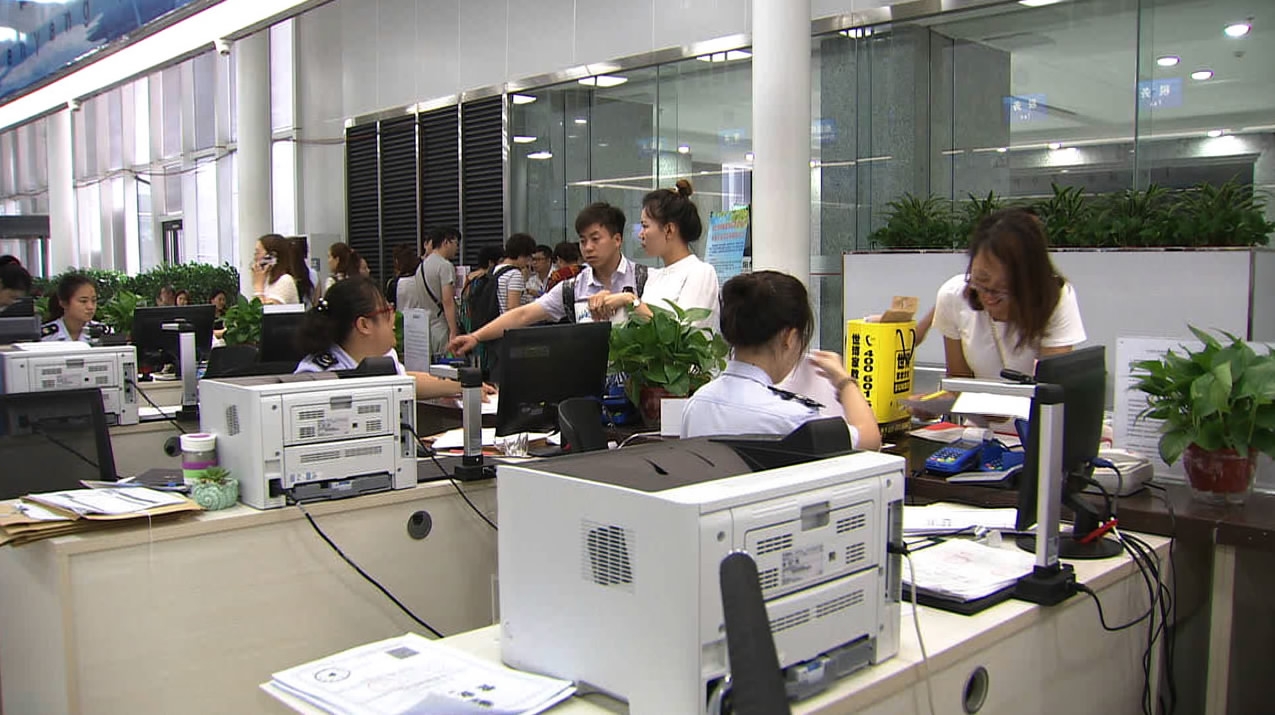
Business
22:35, 12-Jul-2017
Opening up the economy: the role of China's free trade zones

By CGTN's Guan Yang
It's been over three months since China approved the establishment of seven new free trade zones with the aim of reigniting the competitiveness of the country's traditional industries and opening up new sectors for foreign investments.
In the Liaoning Free Trade Zone (FTZ), businesses are beginning to boom.
Li Shukai, a business owner in the area, risked on a new investment to re-register his company and invest in brand new heavy equipment to produce eco-friendly chimney filters.

Li Shukai, a business owner from the Liaoning FTZ invested heavily in new equipment. / CGTN Picture
Li Shukai, a business owner from the Liaoning FTZ invested heavily in new equipment. / CGTN Picture
“The business environment in the free trade zone has improved significantly, in particular – the administrative approval system," said Li. "We no longer need to travel a long distance and bring tons of paperwork to the provincial capital, things can be done swiftly in the FTZ."

Li said the business environment in the free trade zone has improved significantly. / CGTN Picture
Li said the business environment in the free trade zone has improved significantly. / CGTN Picture
The benefits from free trade zones are not exclusive to Chinese companies.
Beijing this year rolled out a new negative list for its FTZs, reducing the number of measures restricting foreign capital to under 100.
The Negative List management model in lists a range of activities which are either restricted or prohibited for foreign entities investing in China.
More sectors are now open to foreign capital, and companies from overseas will receive the same support and privileges as domestic firms.

Beijing this year rolled out a new negative list for its FTZs, reducing the number of measures restricting foreign capital to 95. / CGTN Picture
Beijing this year rolled out a new negative list for its FTZs, reducing the number of measures restricting foreign capital to 95. / CGTN Picture
Liu Huirong, a senior official from the Free Trade Zone with years of experience in assisting foreign companies, believed the new list came just at the right time.
She told CGTN that companies like Thyssenkrupp and Intel were expanding their operations in the FTZ. Some of these business giants were even considering shifting their R&D base and even headquarters to the FTZ because they think this the best place to take advantage of China's opening-up.

Liu thinks the new negative list came just at the right time. / CGTN Picture
Liu thinks the new negative list came just at the right time. / CGTN Picture
The Liaoning FTZ pilot program is helping erase legacies like bureaucratic barriers and administrative complications, with the work ethos of government bodies also changing.

The Liaoning FTZ pilot program is helping erase legacies like bureaucratic barriers and administrative complications. (Photo taken at the tax office in Liaoning FTZ) / CGTN Picture
The Liaoning FTZ pilot program is helping erase legacies like bureaucratic barriers and administrative complications. (Photo taken at the tax office in Liaoning FTZ) / CGTN Picture
What's more, the keystone of these new free trade zones is in line with the bigger picture – the Belt and Road initiative.
The FTZs will allow their local regions to set up their own free marketplaces and boost trade and cross-border investments with neighboring countries.

SITEMAP
Copyright © 2018 CGTN. Beijing ICP prepared NO.16065310-3
Copyright © 2018 CGTN. Beijing ICP prepared NO.16065310-3